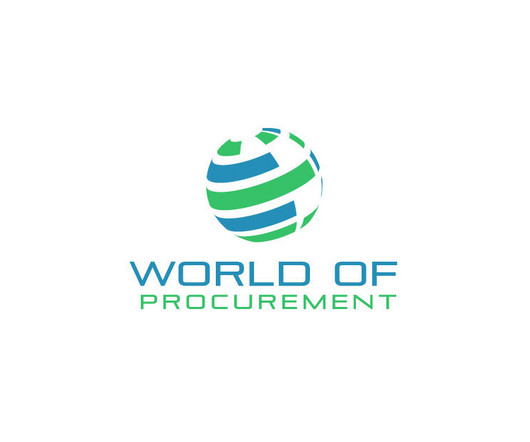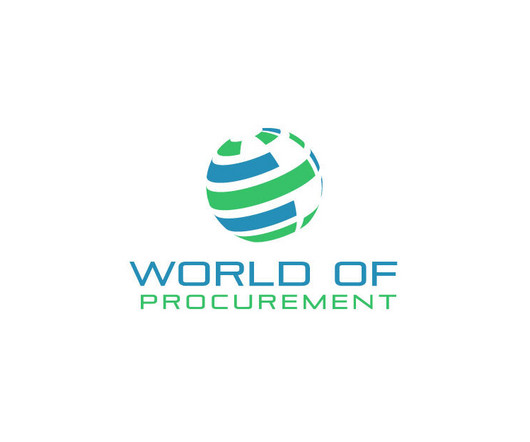Procurement transformation 2025: Why invest in procuretech and how to make the case – Onventis
Spend Matters
DECEMBER 23, 2024
By consolidating spend through our system, customers are looking to gain clearer visibility and control over procurement. Metrics around supplier consolidation and spend concentration are also common. Customers use Onventis to consolidate suppliers and negotiate better terms.












Let's personalize your content